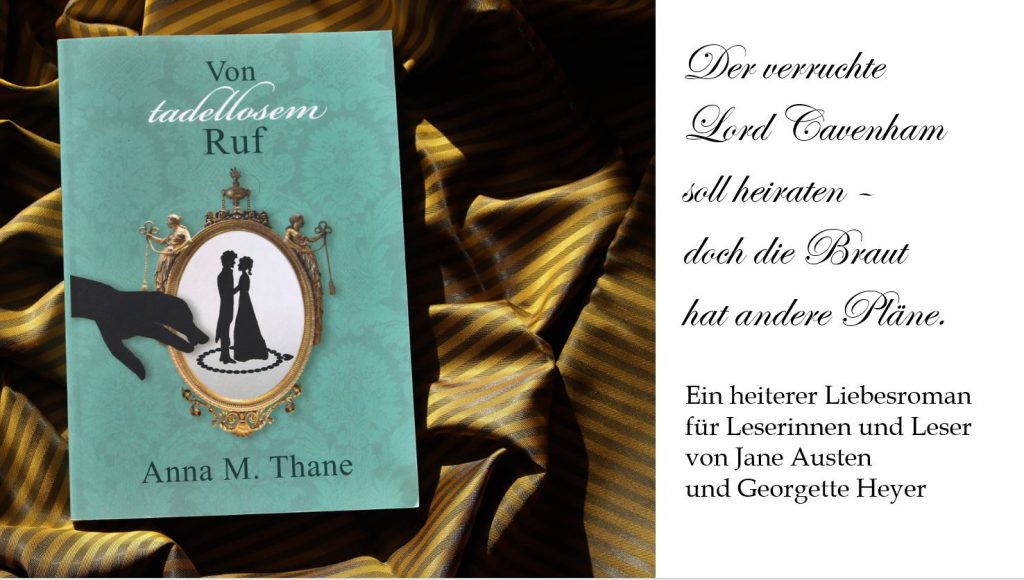
Georg Forster was a central figure of the Enlightenment in Germany. He travelled with Captain James Cook on the second voyage (1772-1775), and was a member of the Royal Society. He also became known as the founder of modern travel writing.
In 1790, the famous scientist chose England as his destination. Young Alexander von Humboldt accompanied him, at that time a budding scientific talent.
Forster turned the impression of the trip into a book titled “Views of the Lower Rhine, from Brabant, Flanders, Holland, England, and France in April, May and June 1790”. It was published from 1791–94.
Here are some observations on Georgian England meant to amuse readers on the Continent:
On food, drink and table manners
- It’s nearly impossible to get soup
- At an inn, there is plenty of silver and table ware – but don’t expect napkins!
- It is still common to place glasses with water on the table, and everybody rinses the mouth and washes hands in front of all guests
- After dinner, when the ladies have disappeared into the next room, the chamber-pot is passed around
On hospitality
- At an inn, the landlord is all attention. Even the most common traveller is treated as if he was a lord. The landlord himself welcomes a new guest
- The rooms of an inn are very pretty, furnished with mahogany and carpets. A fire is burning all year round
- The service is excellent: The landlord serves the food, the house maid takes care that the sheets are clean, the boot cleans the shoes and brings slippers. The ostler takes care of the horses. If you fancy to take a drive, the landlord lends carriages so handsome that a German nobleman wouldn’t mind to posses it. What a difference to other countries, where a guest easy feels overlooked or like a burden!
On social manners and fashions
- The common Englishman seems to have become more polite and more tolerant toward foreign dress, habits and languages
- Men no longer wear swords
- Young children, until 4 years old, still don’t wear socks!
- Bonnets for women are very large, and everything but becoming. Noblewomen and commoners alike wear them.
- Fashion men wear short waistcoats and round hats instead of tricorns
- Many women, especially the young, don’t powder their hair
- It’s still common to wear those nasty, large neckties so high that the upper folds reach the mouth. Eating without soiling the cloth is as an art – just like eating with Chinese chopsticks
“Views of the Lower Rhine, from Brabant, Flanders, Holland, England, and France in April, May and June 1790” was very successful in Germany. Johann Wolfgang von Goethe said about the book: “One wants, after one has finished reading, to start it over, and wishes to travel with such a good and knowledgeable observer.”
Related articles
Source
Forster, Georg: Ansichten vom Niederrhein, von Brabant, Flandern, Holland, England und Frankreich im April, Mai und Juni 1790; 1791-1794: https://reader.digitale-sammlungen.de/de/fs1/object/display/bsb10105610_00005.html
Article by Anna M. Thane, author of the novel
“Von tadellosem Ruf” (http://amzn.to/2TXvrez)

